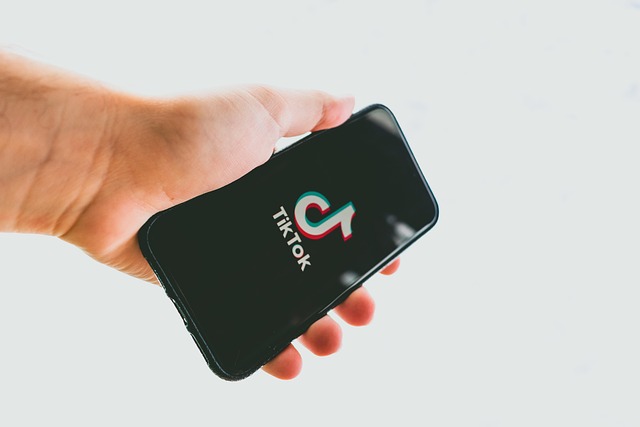In today’s fast-paced world, the landscape of relationships in the digital age has transformed dramatically, primarily due to the rise of social media. Platforms like Facebook, Instagram, Twitter, and Snapchat have changed how we communicate and maintain connections with others. Gone are the days when relationships were built solely on face-to-face interactions. Now, our screens often serve as the primary bridge between people, redefining what it means to stay in touch.
Social media offers unparalleled accessibility to our contacts. With just a few taps on our devices, we can reach out to friends and family regardless of geographical barriers. This instantaneous communication has fostered a sense of closeness, allowing us to share moments of joy, celebrate milestones, and even support each other during challenging times. However, while these platforms offer convenience, they also introduce complexities in how we navigate our personal connections.
One major impact of social media on relationships is the shift in expectations. The digital world often encourages a curated version of ourselves, leading individuals to present an idealized image online. This façade can create pressure within relationships, as people feel compelled to maintain their online persona while grappling with the realities of their offline life. The constant comparison to others’ highlight reels can breed feelings of inadequacy and discontent, fuelling misunderstandings between loved ones.
Moreover, the paradox of social media is that it can breed loneliness despite the ongoing digital interactions. While we may have hundreds of online friends, the depth and quality of those relationships can often be superficial. The immediacy of likes and comments can create a false sense of connection, leaving many yearning for genuine engagement. Sometimes, a simple “like” can never replace the warmth of a heartfelt conversation or the comfort of someone’s physical presence. This brings to light the challenge of maintaining meaningful relationships in the digital age.
Another significant impact is the evolving nature of conflict resolution. In the past, addressing disagreements required direct communication, allowing for immediate feedback and understanding. Now, many feel inclined to resolve conflicts via social media messages or even posts, which can lead to miscommunication and escalation. Tone can easily be misconstrued, and what might seem harmless in a text can be interpreted quite differently in person. As we navigate our contacts, it’s crucial to recognize the limitations of digital communication and strive to approach sensitive conversations face-to-face when possible.
Despite these challenges, social media can also serve as a tool for fostering strong relationships. By facilitating group chats and virtual gatherings, friends and family can stay connected even from afar. There are countless stories of individuals rekindling old friendships or forming new bonds through shared interests in online communities. Social media can also be an avenue for expressing appreciation and gratitude for loved ones, fostering a positive atmosphere within our networks.
Ultimately, the impact of social media on our contacts and relationships in the digital age is a double-edged sword. It encourages both connection and distance, convenience and confusion. As we adapt to this new era, it’s essential to remain mindful of the importance of authentic communication, prioritizing meaningful interactions over mere digital engagement. Building and maintaining healthy relationships requires balancing technology with time-honored practices of compassion, empathy, and patience.




